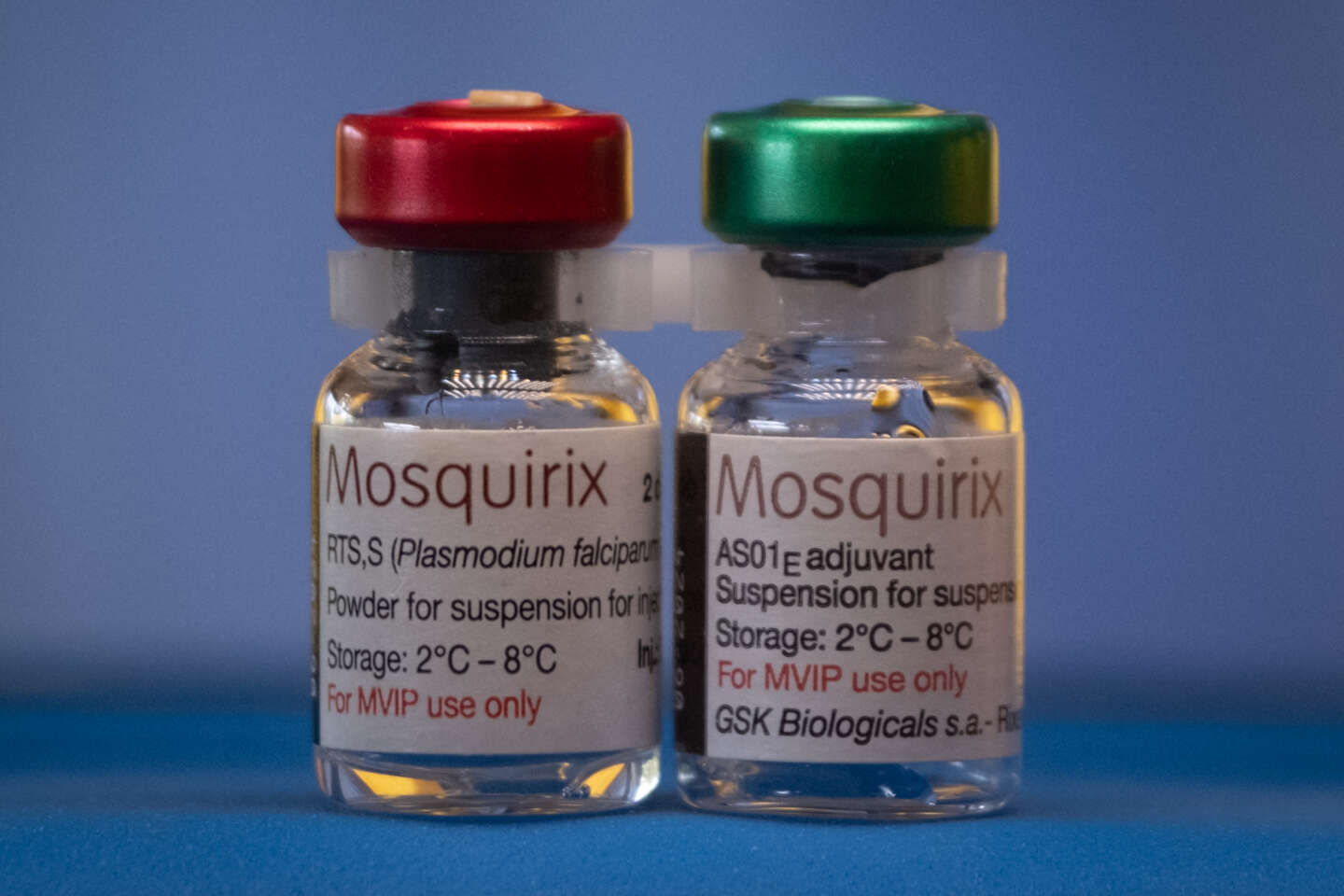

Vaccination against malaria in the most vulnerable areas of the African continent “will begin soon”announced the Vaccine Alliance (Gavi) on Wednesday, November 22, after hundreds of thousands of doses arrived in Cameroon.
“The arrival last evening of 331,200 doses of the RTS,S vaccine, the first anti-malaria vaccine recommended by the WHO, at Yaoundé Airport, Cameroon, marks the start of deliveries to countries that had not participated in the vaccination pilot program.”said the Geneva-based organization in a press release. This delivery represents one “Historic step towards large-scale vaccination against one of the deadliest diseases among African children”She adds.
Malaria is caused by a parasite transmitted by certain species of mosquitoes and remains a serious scourge, particularly due to increasing resistance to treatment. In 2021, 247 million cases were registered worldwide and 619,000 patients died. This disease mainly affects the African continent, which accounted for around 95% of global cases and 96% of deaths in 2021.
According to Gavi, several countries are currently in the final stages of preparations to introduce the malaria vaccine into their routine vaccination programs and the first doses are expected to be administered in the first quarter of 2024. “This could be a crucial turning point in our fight against malaria”commented Unicef Director General Catherine Russell in a press release, comparing the vaccine rollout to “Entering the field of the best player”.
A second vaccine in “prequalification”
Burkina Faso, Liberia, Niger and Sierra Leone are expected to receive 1.7 million doses of the RTS,S vaccine in the coming weeks. Other African countries are also expected to receive them in the coming months. These deliveries mark the end of the malaria vaccination pilot phase, coordinated by the World Health Organization and funded by Gavi, the Global Fund and Unitaid. The doses were donated by GSK, the manufacturer of the RTS,S vaccine.
In this context, since 2019, Ghana, Kenya and Malawi have been able to administer the vaccine in certain districts on a four-dose schedule starting at around five months of age. In these three African countries, more than 2 million children have been vaccinated, resulting in a “Spectacular decline” According to Gavi, this leads to a significant reduction in severe forms of malaria and hospital admissions.
The WHO recently recommended a second childhood vaccine against malaria, R21, manufactured by the Serum Institute of India (SII). It is still subject to further review by the WHO in this regard “Prequalification” so that Unicef and Gavi can use it in their programs.





